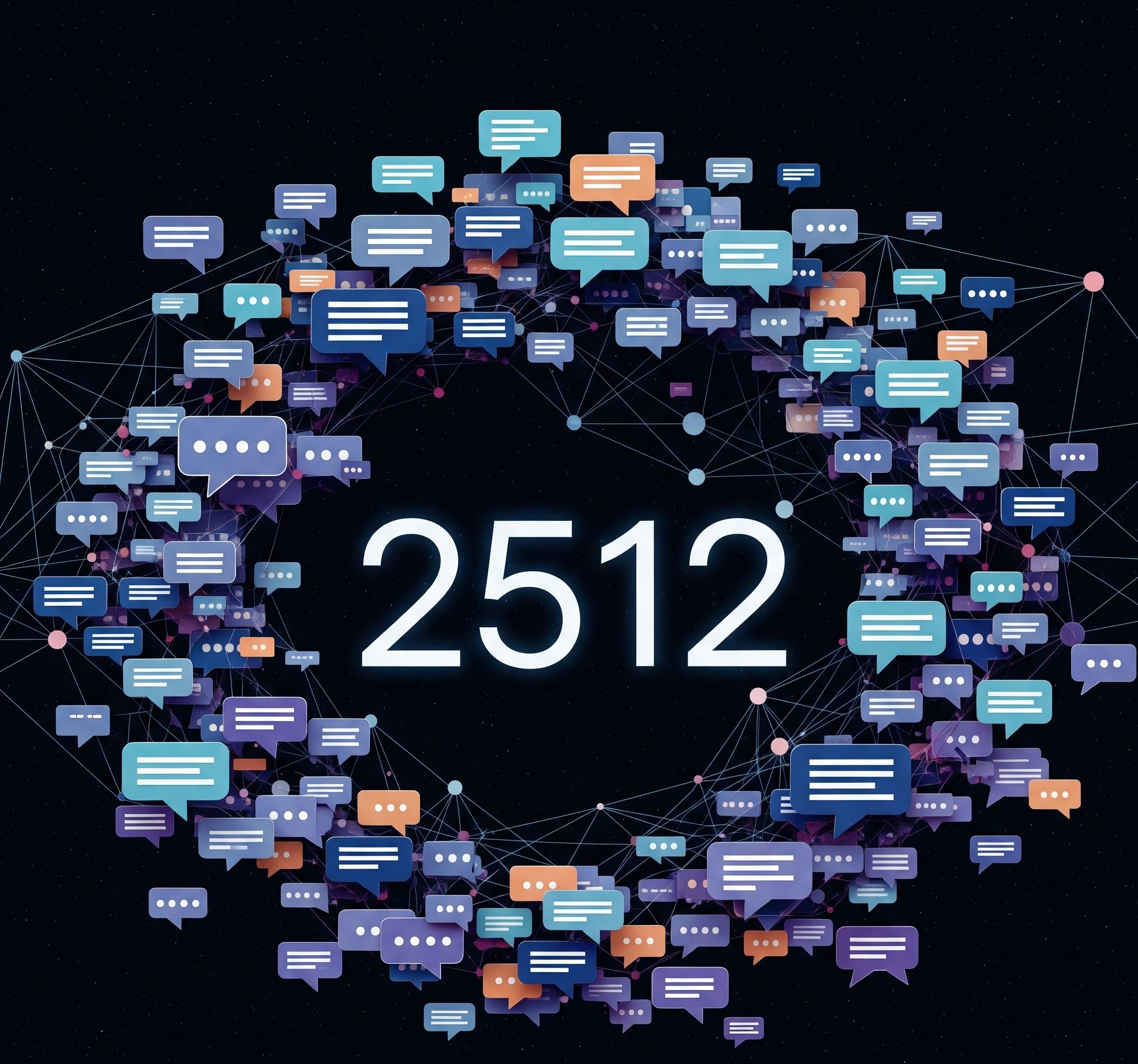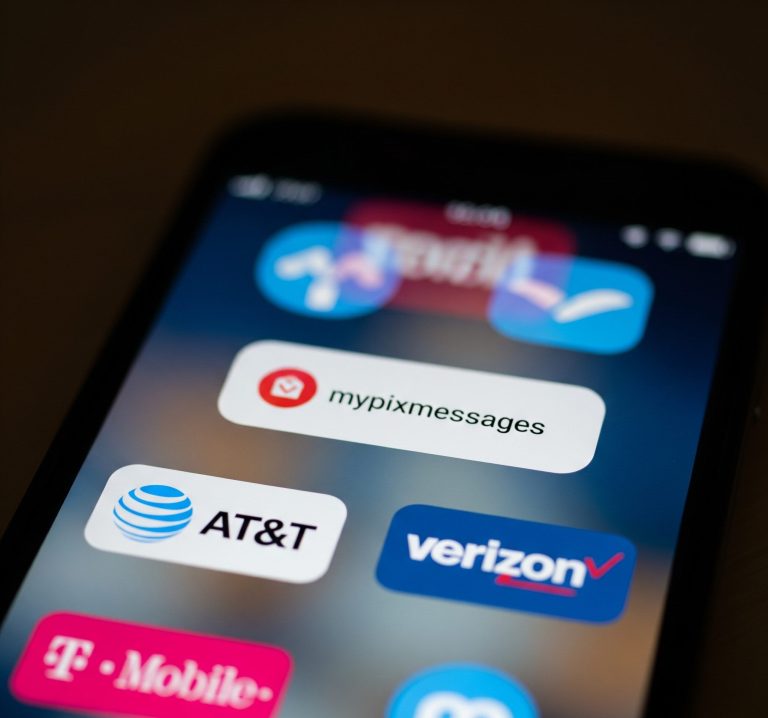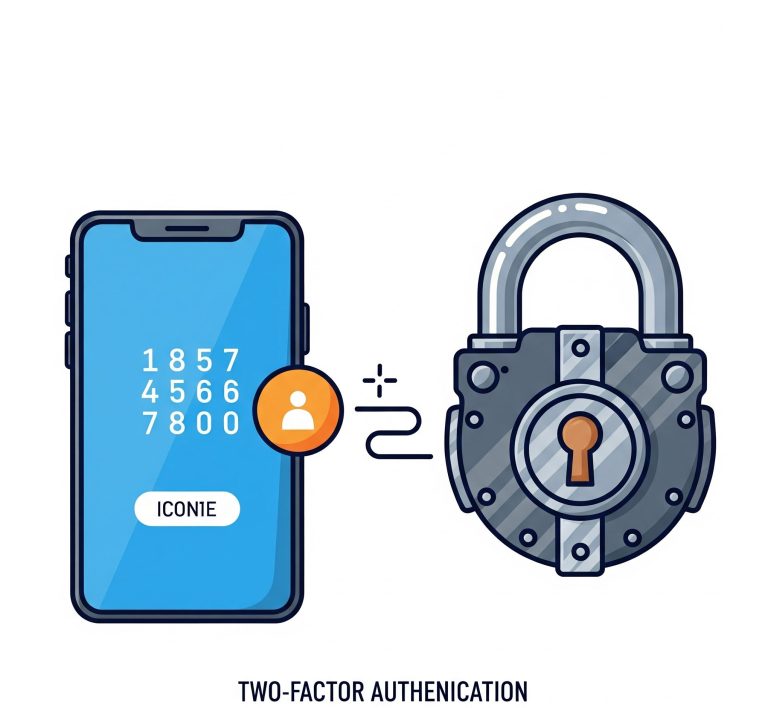In an age of constant digital communication, receiving a text message from an unknown number can be both intriguing and concerning. One such number that has been the subject of discussion and inquiry among mobile users in the United States is the 2512 short code. This five-digit number is not your typical phone number, and messages from it can range from anticipated alerts to unsolicited marketing. This comprehensive guide will delve into what the 2512 short code is, who uses it, what types of messages you can expect, and how you can manage these communications.
Contents
What Exactly is a Short Code?
Before we dive into the specifics of the 2512 short code, it’s essential to understand the broader concept of SMS short codes. These are shortened phone numbers, typically five or six digits long, that are designed for high-volume text messaging. Businesses, organizations, and service providers use them to send and receive text messages to and from a large number of people simultaneously.
There are two primary types of short codes:
- Dedicated Short Codes: These are leased by a single company for their exclusive use. This means any message you receive from that specific short code is from that particular brand. This has become the standard in the U.S. to ensure clarity and reduce spam.
- Shared Short Codes: In the past, multiple businesses could use the same short code, relying on keywords to differentiate their campaigns. However, this practice has been largely phased out in the United States due to the potential for consumer confusion and the risk of spam.
Short codes are used for a wide array of purposes, including marketing promotions, appointment reminders, two-factor authentication codes, customer service notifications, and charitable donation campaigns.
The Primary User of the 2512 Short Code in the United States
Extensive research and user reports overwhelmingly point to one primary entity behind the 2512 short code in the United States: T-Mobile. The major wireless carrier utilizes a range of short codes for various communication purposes, and 2512 is officially listed as one of their designated “campaign” short codes.
This means that if you receive a text message from the 2512 short code, it is highly probable that it is a legitimate communication from T-Mobile or one of its partners.
What Kind of “Campaigns” Can You Expect from the 2512 Short Code?
The term “campaign” in this context is broad and can encompass a variety of messages. While T-Mobile has not publicly detailed every single type of campaign that uses the 2512 short code, user experiences and the general nature of mobile marketing provide us with some likely examples:
- Promotional Offers and Marketing: This is one of the most common uses of the 2512 short code. T-Mobile may send out texts about new phone deals, plan upgrades, accessory discounts, or special promotions. For instance, some users have reported receiving offers related to smartwatches or other connected devices from this number.
- Service-Related Announcements: While less frequent from a “campaign” code, it’s possible that T-Mobile might use 2512 for broad announcements about their services, network upgrades in your area, or information about new features.
- Contests and Sweepstakes: Mobile carriers often run contests and sweepstakes, and the 2512 short code could be used to announce these events, provide entry details, or notify winners.
- Customer Surveys and Feedback: To improve their services, T-Mobile might send out text-based surveys asking for your opinion on your recent store visit, customer service interaction, or overall network experience.
It’s important to note that just because a message from the 2512 short code is from T-Mobile, it doesn’t mean it’s a message you necessarily want or expect. These marketing messages can sometimes feel like spam, especially if you’re not interested in the offers being presented.

Are Messages from the 2512 Short Code Always Legitimate?
While the 2512 short code is a legitimate T-Mobile number, the world of text message marketing is not without its risks. Scammers are notoriously clever and are always looking for new ways to trick unsuspecting individuals. Here are a few things to keep in mind:
- Spoofing is Rare but Possible: While difficult, it is technically possible for scammers to “spoof” a short code, making a message appear to come from a legitimate number when it doesn’t.
- Misleading Links: A more common tactic is for a scammer to send a message that references a legitimate company but includes a malicious link. The message might say something like, “T-Mobile has a special offer for you! Click here to claim it,” but the link will lead to a phishing website designed to steal your personal information.
Therefore, it’s crucial to exercise caution with any unsolicited text message, even if it appears to be from a known short code like 2512.
How to Handle Unwanted Messages from the 2512 Short Code
If you are receiving unwanted promotional texts from the 2512 short code, you have several options to stop them:
- Reply with “STOP”: The most direct and effective method is to reply to the message with the keyword “STOP”. The federal Telephone Consumer Protection Act (TCPA) requires that companies provide a clear and easy way for consumers to opt-out of marketing text messages, and “STOP” is the universally recognized command. You should receive a confirmation message that you have been unsubscribed.
- Other Opt-Out Keywords: You can also try other keywords like “UNSUBSCRIBE,” “CANCEL,” or “QUIT.”
- Block the Number: If for some reason replying with “STOP” doesn’t work, you can block the 2512 short code directly on your smartphone. Both Android and iOS devices have built-in features to block specific numbers.
- Contact T-Mobile Customer Support: If you continue to receive unwanted messages, you can contact T-Mobile’s customer support directly and ask to be removed from their marketing lists.
How to Protect Yourself from Potential Short Code Scams
To ensure your security when dealing with any short code message, including those from the 2512 short code, follow these best practices:
- Never Click on Suspicious Links: If a message contains a link, hover over it (if possible on your device) to see the full URL before clicking. If it looks suspicious or doesn’t match the official T-Mobile website, do not click on it.
- Do Not Share Personal Information: Legitimate companies like T-Mobile will never ask you to provide sensitive personal information like your Social Security number, credit card details, or passwords via a text message.
- Verify the Information Independently: If a text message presents an offer that seems too good to be true, it probably is. Go directly to the official T-Mobile website or call their verified customer service number to confirm the promotion’s legitimacy.
- Report Spam and Scams: You can report spam texts to your carrier by forwarding the message to the number 7726 (which spells “SPAM” on a phone’s keypad). This helps your carrier identify and block malicious senders.
conclusion
the 2512 short code is a legitimate communication channel used by T-Mobile in the United States for its marketing campaigns. While the messages are generally safe, they can be a source of annoyance for those not interested in promotional offers. By understanding what this short code is, who is behind it, and how to manage the messages you receive, you can take control of your mobile communications and protect yourself from potential scams. Always remember to be a savvy consumer and approach unsolicited messages with a healthy dose of caution.







